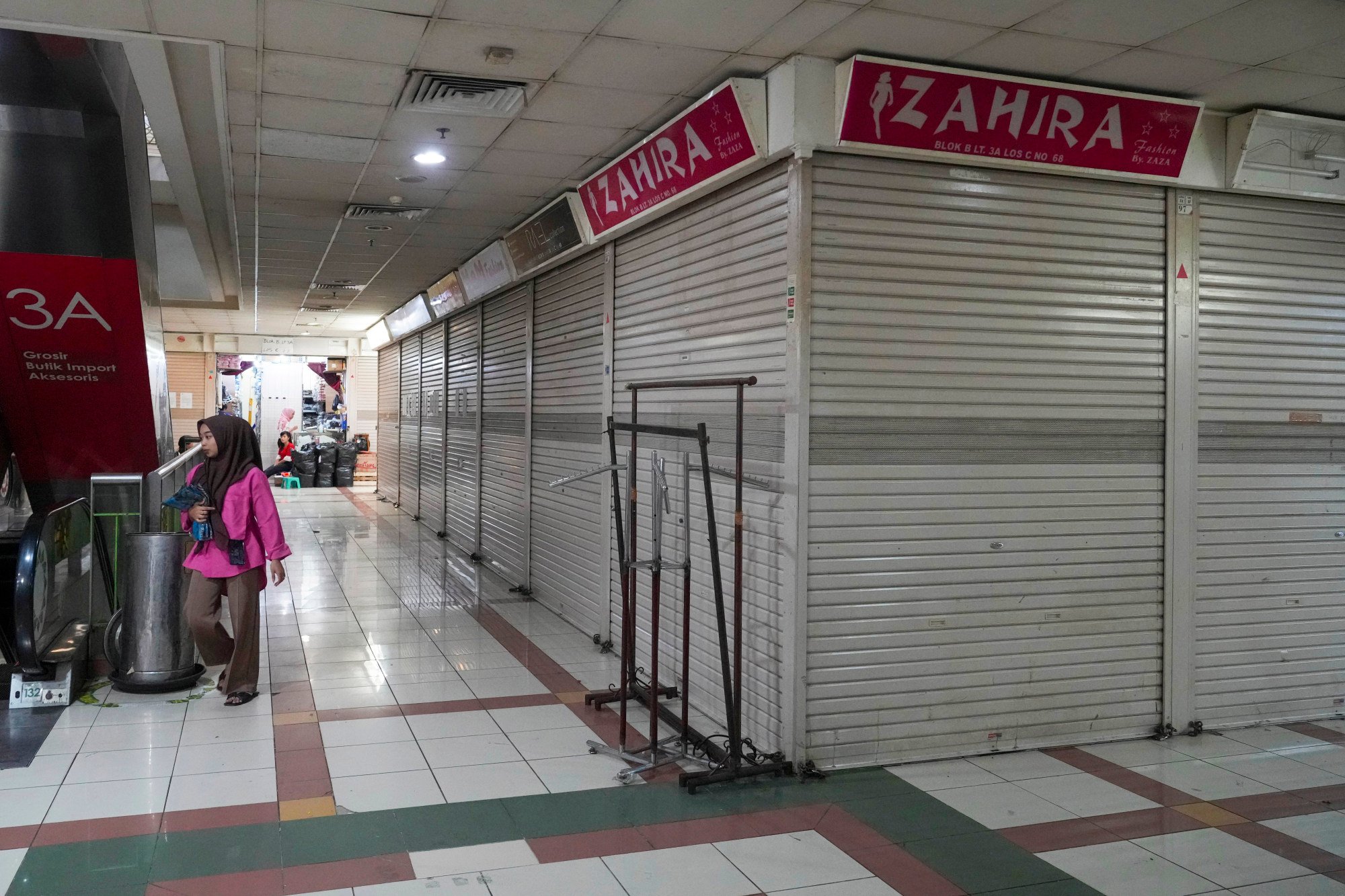The stakes are high for TikTok, which has pinned its hopes for future growth on e-commerce, turning the millions of eyeballs on its viral content into a steady revenue stream. TikTok first started offering in-app shopping in mid-2021, and has been courting merchants to sell their goods on the platform. Indonesia, the most populous country in Southeast Asia with 273 million people, is a key market for the Chinese app, along with the US and UK.
TikTok is “deeply concerned” about Indonesia’s decision, which could “impact the livelihoods of the 6 million sellers and nearly 7 million affiliate creators who use TikTok Shop”, the company said in a statement.
It added that TikTok respects local laws and regulations and “will be pursuing a constructive path forward”, suggesting that it will make an effort to find a structure to comply with the new law while continuing to grow its e-commerce operations. In addition to Indonesia, TikTok Shop has websites for the US, UK, Malaysia, the Philippines, Vietnam, Singapore and Thailand.
Indonesia moves to ensure likes of TikTok won’t ‘kill’ small businesses
Indonesia moves to ensure likes of TikTok won’t ‘kill’ small businesses
TikTok officials were trying to get a meeting with Indonesian president Joko Widodo as of Tuesday, Bloomberg News reported on Thursday, citing an unidentified person, but the request was rejected.
TikTok has encountered challenges in Indonesia before. In July 2018, Indonesia became the first country to ban the video app, over the distribution of “pornography, inappropriate content and blasphemy”. TikTok responded by adding content moderators in the country, and the ban was lifted eight days later.
Southeast Asia is now an important growth market for TikTok, but if other countries follow Indonesia’s lead in banning social media firms from selling goods, it could undermine the app’s commercial potential. At the same time, TikTok continues to face regulatory headwinds in the US and Europe, largely over national security issues.
Indonesia’s move appears particularly pointed, as TikTok is the only social media firm in the country running its own e-commerce shop with a payment service.

Indonesia Trade Minister Zulkifli Hasan said on Monday that the ban has taken immediate effect “to prevent the domination of the algorithm and prevent the use of personal data in business interests.”
In another statement on Wednesday, Hasan said the ban is meant to “create a fair, healthy and beneficial electronic commerce ecosystem by prohibiting marketplaces and social media sellers from acting as producers and facilitating payment transactions on its electronic systems”. Marketplaces and sellers can only offer or promote goods and services, he added.
As recently as June, TikTok’s relationship with the country looked more promising. CEO Shou Zi Chew visited Jakarta that month, promising to invest heavily in the region in the coming years. At a forum during his visit, Chew said Indonesians make up more than a third of TikTok’s 325 million monthly active users in Southeast Asia.
Indonesian Minister of Cooperatives and Small and Medium Enterprises Teten Masduki said he found sellers at Tanah Abang in Jakarta, Southeast Asia’s largest wholesale market, that have seen sales fall 50 per cent owing to online competition, but he did not specify a time frame.


